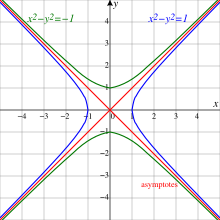goose
Registered Senior Member
How would this work in terms of our known laws?Why would black holes have to discharge in this universe?
Just thinking out loud here, but if our black hole here links to a white hole, sounds a bit like losing matter in this universe and gaining matter in that universe.
Sure, I guess that could still be within the law as the law could encompass everything cumulatively.
If time were to stop when hitting the center of the black hole, how could the mass continue to go out the other side? I'm not too big of a fan of the white hole theory, I feel it begs more questions than it answers (granted i'm not too well versed on the subject to be honest).
Anyone in the know, I have a few questions.
1. Are they required to exist? don't care about odds of them existing
2. A black hole is essentially a bottomless well of gravity and warped space-time. I know we are obsessed with a beginning and end since pretty much everything in our universe exists in this way in some form or another... but does it have to?
3. if a white hole is repulsion, why would it be white (read further please)? Gravity itself warps space which is what bends light. Picture the well with its infinite depth. The opposite of that is a mountain with infinite height with curved space-time. Wouldn't light also need to bend around this? if a photon went on the center-line to it, it would never reach the top and would be gone. Granted, I guess you would say light coming from the white hole would run down the side of the mountain and expand everywhere in every direction, so I guess I answered this one
4. What would occur is a black hole and a white hole collided?


